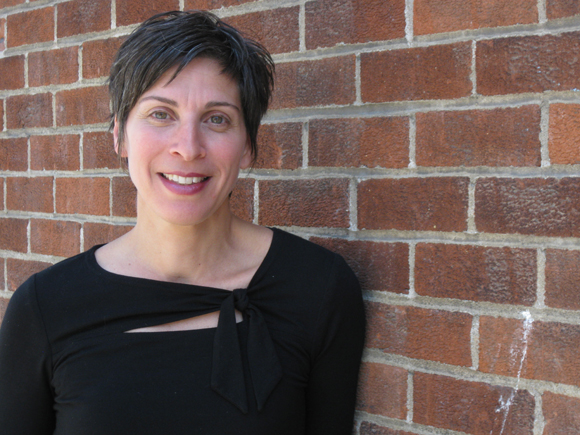By Denise Deby –
Champlain Park resident Leilani Farha has a new part-time job: investigating and recommending improvements in people’s housing conditions around the world. On May 8, the United Nations Human Rights Council selected Farha from a global list of candidates to serve as UN Special Rapporteur on adequate housing.
Farha learned of the appointment while at home watching the 4:00 a.m. live webcast of the Council’s proceedings with her partner and two kids. The announcement and subsequent official confirmation coincided with her birthday – “a lovely gift,” she says.

Special rapporteurs are independent experts tasked with addressing specific human rights topics. They’re unpaid, and serve for a three-year term, which is renewable once. As Special Rapporteur, Farha will look into the housing situation in countries at their request. She’ll also investigate specific incidents such as evictions, consult with citizens and governments and focus on a housing rights issue of her choosing.
“You’re kind of like a public servant, except on the world stage, and your job is to address inadequate housing on a global scale,” explains Farha.
“A friend of mine, a well-known human rights advocate in Canada… said to me, ‘oh, no problem, Leilani, you just have to end worldwide homelessness.’ Well, that’s not quite true. But the intention is to address the right to adequate housing in different countries around the world.”
Farha wants to use the mandate to raise awareness. “People don’t know that just like the right to vote, we do have a human right to adequate housing.” That doesn’t mean governments have to provide a house for everyone, but “it does mean that governments do have to do things to make sure that people have adequate housing.”
Along with degrees in law and social work, Farha has more than 20 years of experience in housing and human rights. Until 2012 she headed the Centre for Equality Rights in Accommodation, and before that served as lawyer at the Geneva-based Centre on Housing Rights and Evictions.
“I think that housing obviously is so fundamental and basic,” says Farha. “I think it does affect us all at a personal level. But I also think as a community, it’s really important to remain alive to housing issues.”
Farha points to her own neighbourhood, Champlain Park. “There’s some good stuff that’s going on, for example, increased density. On the other hand, what’s happening to the cost is just ridiculous… while I like the idea of urban intensification, with some limits of course, I don’t like the idea that only certain people are going to be able to live in these neighbourhoods.”
One thing people can do is get political, says Farha. “If you care enough to give to a food bank, then you should care enough to make sure that our politicians are doing what’s needed on the policy, legislative end to make sure that poverty, food insecurity and homelessness are being addressed.”